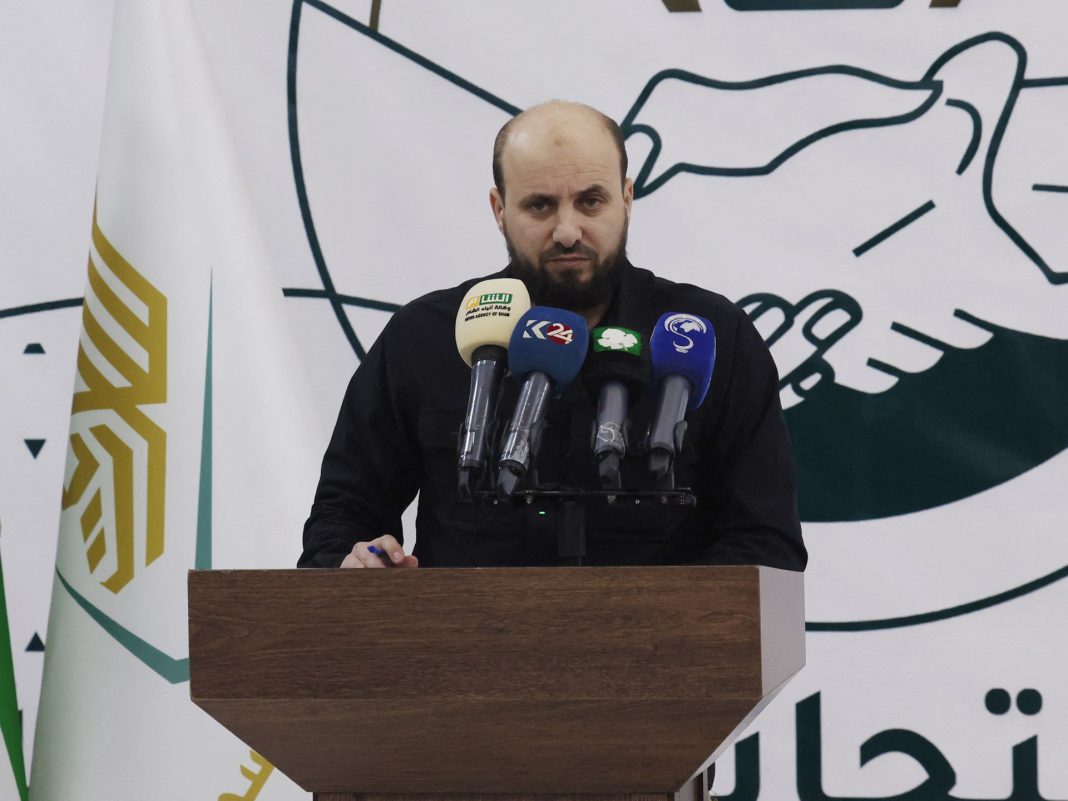Al-Bashir, who headed the Hayat Tahrir al-Sham-led de facto government in Idlib province, will lead a transitional Syrian government until March 1, 2025, he said on Tuesday in a televised statement.
The appointment comes after al-Bashir met with members of al-Assad‘s government.
“Today we had a meeting for the cabinet and we invited members from the old government and some directors from the administration in Idlib and its surrounding areas, in order to facilitate all the necessary works for the next two months until we have a constitutional system to be able to serve the Syrian people,” he told Al Jazeera.
“We had other meetings to restart the institutions to be able to serve our people in Syria,” he told Al Jazeera.
He stated that his country needed peace and stability after nearly 14 years of war.
“Now it is time for this people to enjoy stability and calm.”
Al-Bashir headed the Syrian Salvation Government (SSG) in Idlib province before the 12-day lightning offensive swept into Damascus, toppling longtime leader al-Assad and ending more than half a century of al-Assad family rule.
Al-Bashir has close ties to Hayat Tahrir al-Sham (HTS) – the group that led the Damascus takeover – which is tied to the SSG he headed.
The SSG, with its own ministries, departments, judicial and security authorities, was set up in the northwest bastion of Idlib in 2017 to assist people in the rebel-held area who were cut off from government services.
Al-Bashir also previously held the role of development minister in the SSG.
The SSG has begun rolling out assistance in Aleppo, the first major city to fall from government hands after opposition forces began their offensive.
A Facebook page of the rebel administration says al-Bashir was trained as an electrical engineer, later received a degree in sharia and law, and has also held posts in education.
HTS’s leader Ahmed al-Sharaa, also known as Abu Mohammed al-Julani, met outgoing Prime Minister Mohammed Ghazi al-Jalali on Monday to discuss the transition to a caretaker government.
As the caretaker prime minister was announced, life in the Syrian capital showed some signs of a return to normalcy, with banks and shops reopening.
The Syrian war started as a largely unarmed uprising against al-Assad in March 2011, but eventually turned into an all-out war that dragged in foreign powers, killed hundreds of thousands of people, and turned millions into refugees.
